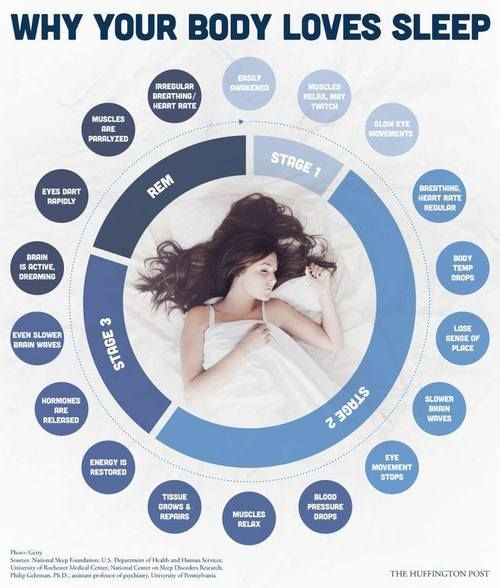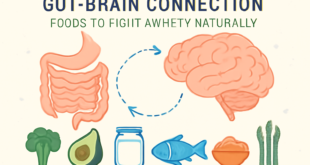
Idiopathic Hypersomnia
Idiopathic hypersomnia (IH) is an uncommon neurological sleep disorder that impairs one’s ability to stay alert during the day. People living with IH often struggle with excessive daytime drowsiness despite sleeping for long hours each night; unfortunately this struggle often goes undetected or overlooked and its impact is felt throughout every area of their lives, such as work, relationships and emotional well-being.
In contrast to narcolepsy, idiopathic hypersomnia doesn’t involve sudden sleep attacks or cataplexy. Instead, patients experience an overwhelming and persistent desire for restful slumber–often more than 11 hours daily!
Life with Idiopathic Hypersomnia
For people living with idiopathic hypersomnia, daily life presents its own set of challenges. Even after sleeping through an entire night’s rest, they often wake feeling as though nothing had taken place; sleep inertia–an early form of amnesia upon awakening– can last hours, making morning routines or work obligations harder than they need to be completed on schedule.
Work And Academic Limit
The workplace can often be one of the more trying environments for someone living with IH as long meetings, screen time or simply sitting can quickly drain energy reserves and leave one needing frequent naps or breaks which might not always be available or practical to take. Students suffering from IH often struggle in classes to focus during lectures or study effectively due to brain fog or fatigue and it becomes hard for them to keep up.
Sleep plays an integral part of brain functioning; when sleep becomes unmanaged it can impact mental and emotional wellbeing in ways we cannot predict or manage. People experiencing IH may suffer anxiety, depression and feelings of guilt while society often misperceives excessive sleeping as laziness leading to judgement, misunderstandings and feelings of alienation from society at large.
Treatment May Not Fit Everyone
There currently is no known treatment for IH, although doctors may prescribe stimulant drugs or wake-promoting agents which might help. Unfortunately, due to unknown root causes for this disorder, treatment usually becomes an iterative trial-and-error process.
- Coping Strategies That May Provide Assistance
While no definitive cure exists for chronic illness, there are coping strategies which may improve quality of life: - Sleep hygiene involves keeping to a regular sleep schedule on weekends as well as weeknights.
- Lifestyle modifications: Limiting caffeine and alcohol, improving diet and managing stress.
- Support Systems: Joining support groups or forums can help alleviate feelings of isolation.
- Workplace accommodations: Request flexible hours or remote work options as part of workplace accommodations.
Therapy: Mental health support services may assist individuals living with IH in managing depression or anxiety related to IH.
Raising Awareness and Establishing Empathy
Raising awareness about Idiopathic Hypersomnia is critical not only for quicker diagnosis but also to building greater understanding. By informing employers, schools, and families about this condition we can ensure those affected receive the assistance and compassion that they require to have their lives back under control.
Final Thoughts
While Idiopathic Hypersomnia (IH) may be invisible, its impact can still be very real. From physical symptoms to the emotional toll, those living with IH have unique challenges they must manage with strength, patience and support from all corners . With more research conducted into treatments as well as public understanding increasing there may one day come an easier solution for managing IH daily struggles.\
SEE MORE:https://nutritionnest.site/wp-admin/post.php?post=599&action=edit
 healthybodyboost.net Healthy Body Boost
healthybodyboost.net Healthy Body Boost



